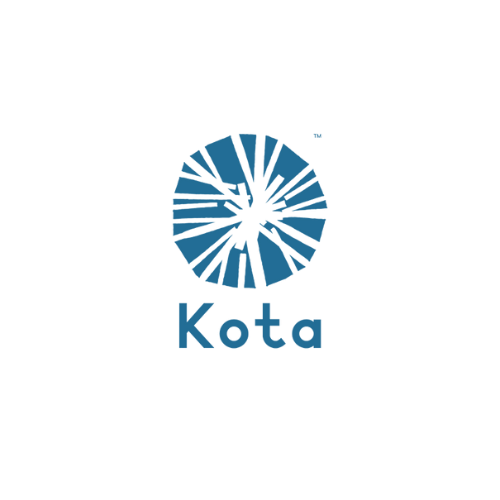Observations from CSW62 at the UN
By Jaana Rehnstrom
Group discussions during The Kota Alliance's NGOCSW62 parallel event
At the end of the two weeks of events at the UN of CSW62 (Commission on the Status of Women), as well as hundreds of parallel events in the vicinity, a roomful of women from all around the world came together under the auspices of NGOCSW to ponder the achievements. The theme of this year’s CSW was the status of women living in rural areas.
Susan O’ Malley of NGOCSW noted that access to the proceedings had been severely limited by US consular officials in several countries not granting visas to women from rural areas. There were at least 50 such cases, possibly over 100 (data being collected).
Also women with disabilities faced structural barriers to access even at the UN! Natalia Lozano, youth representative of “Right Here, Right Now” reminded that non- English speakers also faced barriers to participation. Blessing Digha of Women Deliver/Nigeria reminded that the people we are talking about, ie. women living in rural areas, most often never have the means to travel and represent themselves at these proceedings, therefore funds need to be found to sponsor them. Is it not the right thing to do to hear directly from the people affected by decisions taken that affect their lives?
Memory Kachambwa of FEMNET pointed out that language is an extremely important empowering tool. Why, for instance, talk about women as “small holder farmers” instead of just “farmers”; or discuss women in the context of “micro” economics but leave them out of “macro” economics?
NGOCSW had representatives monitoring the work going into the final outcome document produced by the CSW62. Although not legally binding, the document is important, as it represents the agreed upon conclusions by all governments, and becomes a benchmark against which local NGOs can hold their governments accountable.
In response to the official document, the NGOCSW has its own version, which despite many additions and specifications manages to be no longer than the 16 pages of the official version.
An oral summary of the differences between the two documents was provided. The official version manages to water down the language, and contains a lot of loopholes and vague statements and conditions, such as “as appropriate”, giving governments leeway to decide what is “appropriate” and lean back on local law and customs rather than international instruments.
It was also startling to hear that language that was approved in documents produced in prior years was again taken up for debate. You would think that country representatives coming to the UN would do their homework and not spend taxpayer money reinventing the wheel?
To give them the benefit of the doubt, admittedly governments change and representatives may be overworked and not have time to read everything that was done in the past – but should they not then be provided (by the UN) a draft document that includes all language approved in the past highlighted as not being up for discussion? With a president of the commission who cuts off debate on these items? How is anything ever going to move forward if agreed upon issues are rehashed all over again? No wonder the UN has a reputation for “just talking”. It was also noted that most of the delegates at the CSW62 were men! Men debating women’s status. Ambassadors are often men, but surely within their delegations there are women who could represent the country? At the NGOCSW meeting, it was suggested that at least 50% of the commission should be women.
Still, it was felt by many delegations that coming to the CSW proceedings gave them opportunity to access their country’s official delegations easier than back home - where they often find a lot of red tape or closed doors – to get commitments and pledges. They hoped for more inclusion in the official delegations, and particularly the US activists were very disappointed this year about the lack of NGO inclusion. Everyone agreed next year they really wanted to be in the room when things are discussed. This year, they had to resort to mostly tweeting their comments prior to the sessions. Therefore even more important for NGOs to engage in the CSW process with their national representatives prior to and after the sessions. We need to start paying attention to this earlier in the cycle before the next one.

